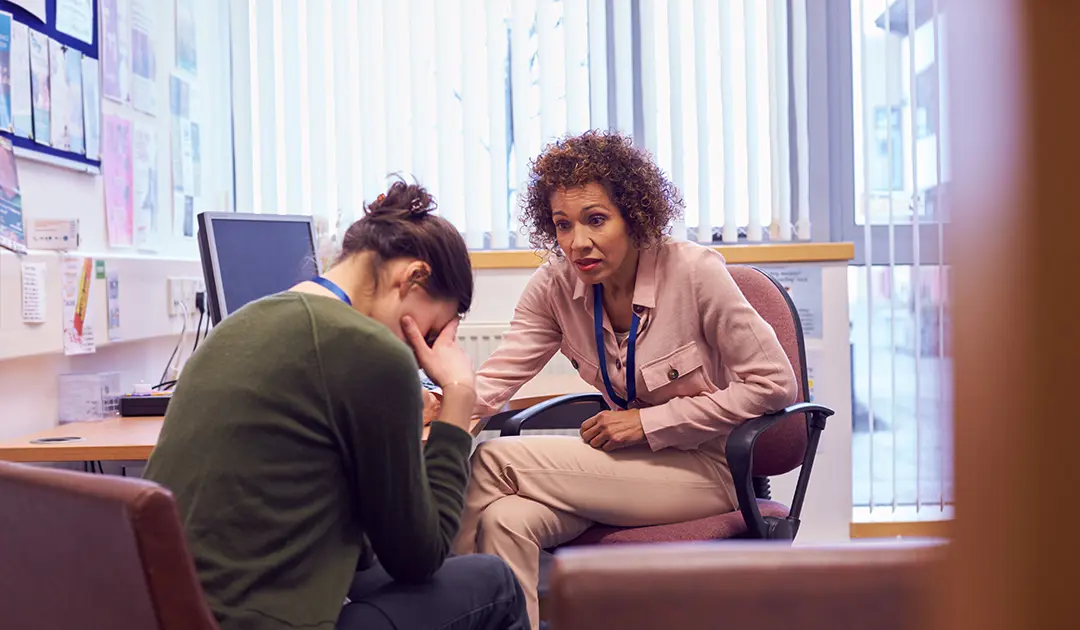How to Listen Effectively

Becoming a good listener is actually a bit of an art.
Here are CPI's top tips to listening effectively:
1) Listen to understand the other person
Allowing the person the chance to express themselves will give us a greater understanding of the situation and how we can influence it in a positive way.
2) Allow time to process
We don’t like uncomfortable silences during a conversation; however, silence can be a positive thing. It is giving the individual time to process, reflect and verbalise their thoughts. It also allows us to process, reflect and measure our response.
3) Remain flexible, let the situation evolve
Having a plan before engaging with a distressed individual will help to give us confidence. Having a back up plan allows us to adapt to a changing situation.
4) Create a conducive environment
We want to conduct the conversation in a private and quiet space where we can give the individual our undivided attention without being disturbed. Try and pick a space that has a calming feel, that doesn’t feel too cluttered with furniture and has natural light.
5) Listen to facts and feelings
Effective listening is about recognising that all behaviour is trying to communicate something to us. Their verbal communication through the words that they use will give us factual information. Feelings are not always communicated verbally, but we can also pick up on these through the way that they say things (paraverbal communication) and their non-verbal communication.
6) Paraphrase what you understand
Summarising back to the individual our understanding of the situation is important as it will allow is to check that we are truly understanding the messages that are being communicated.